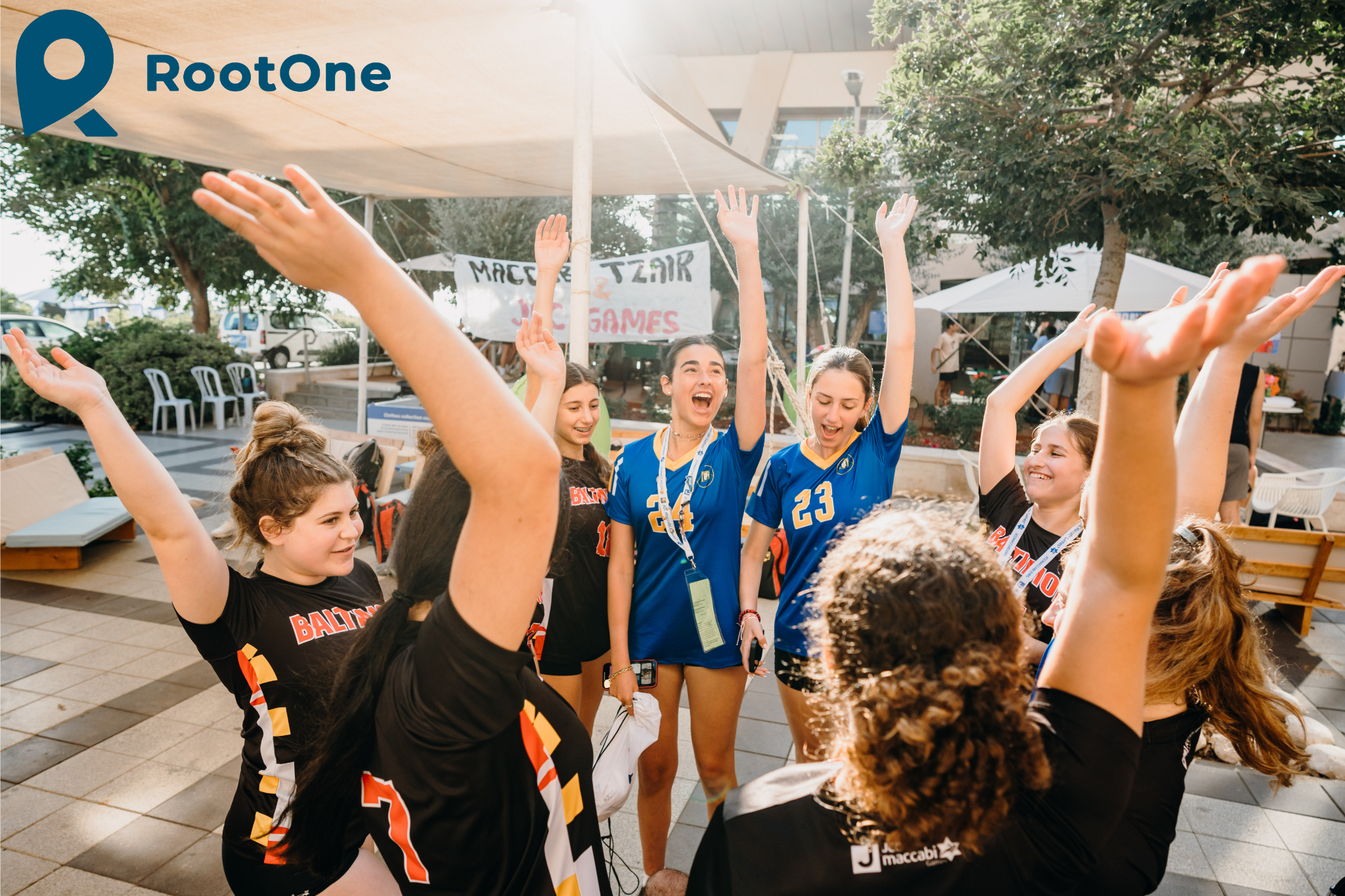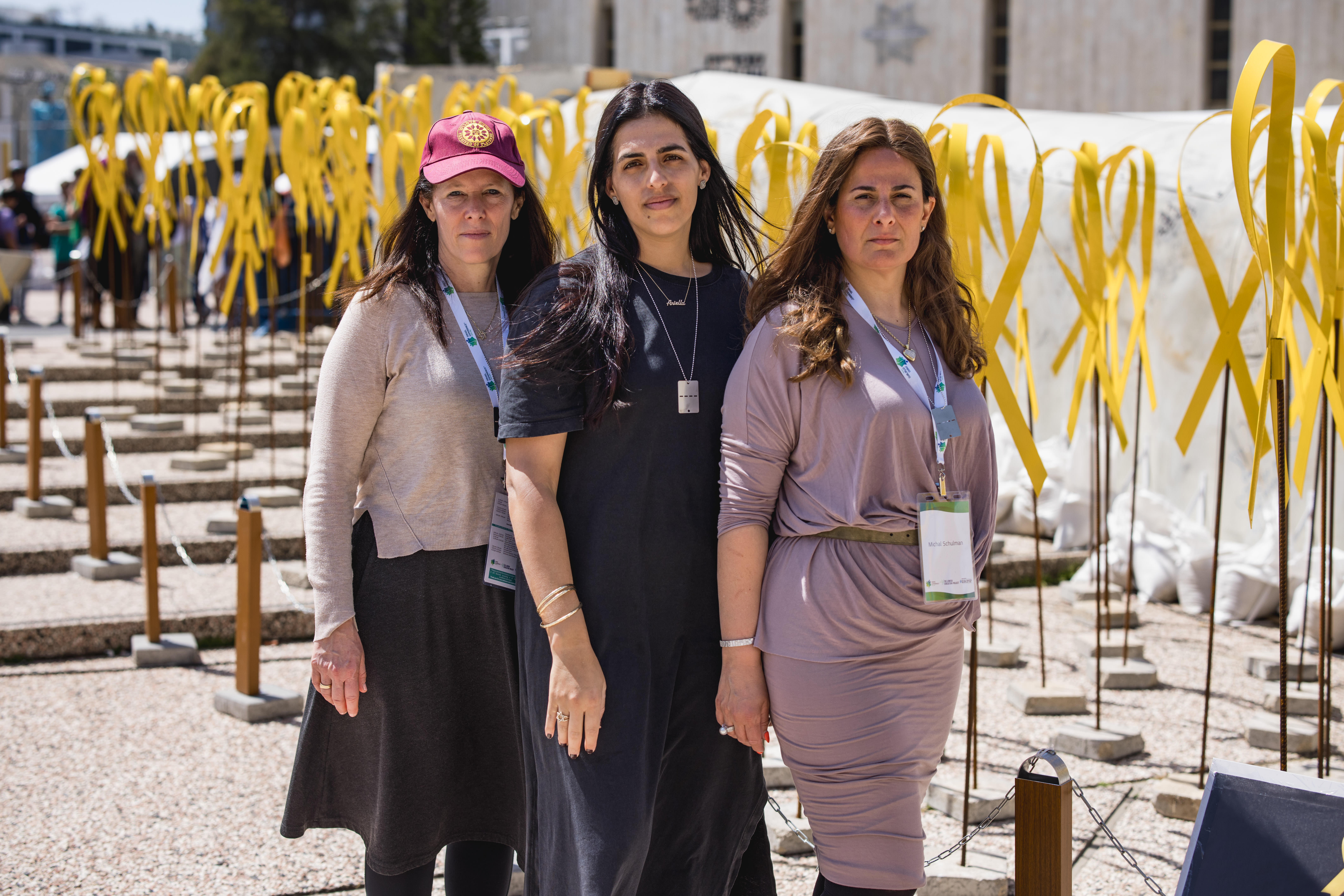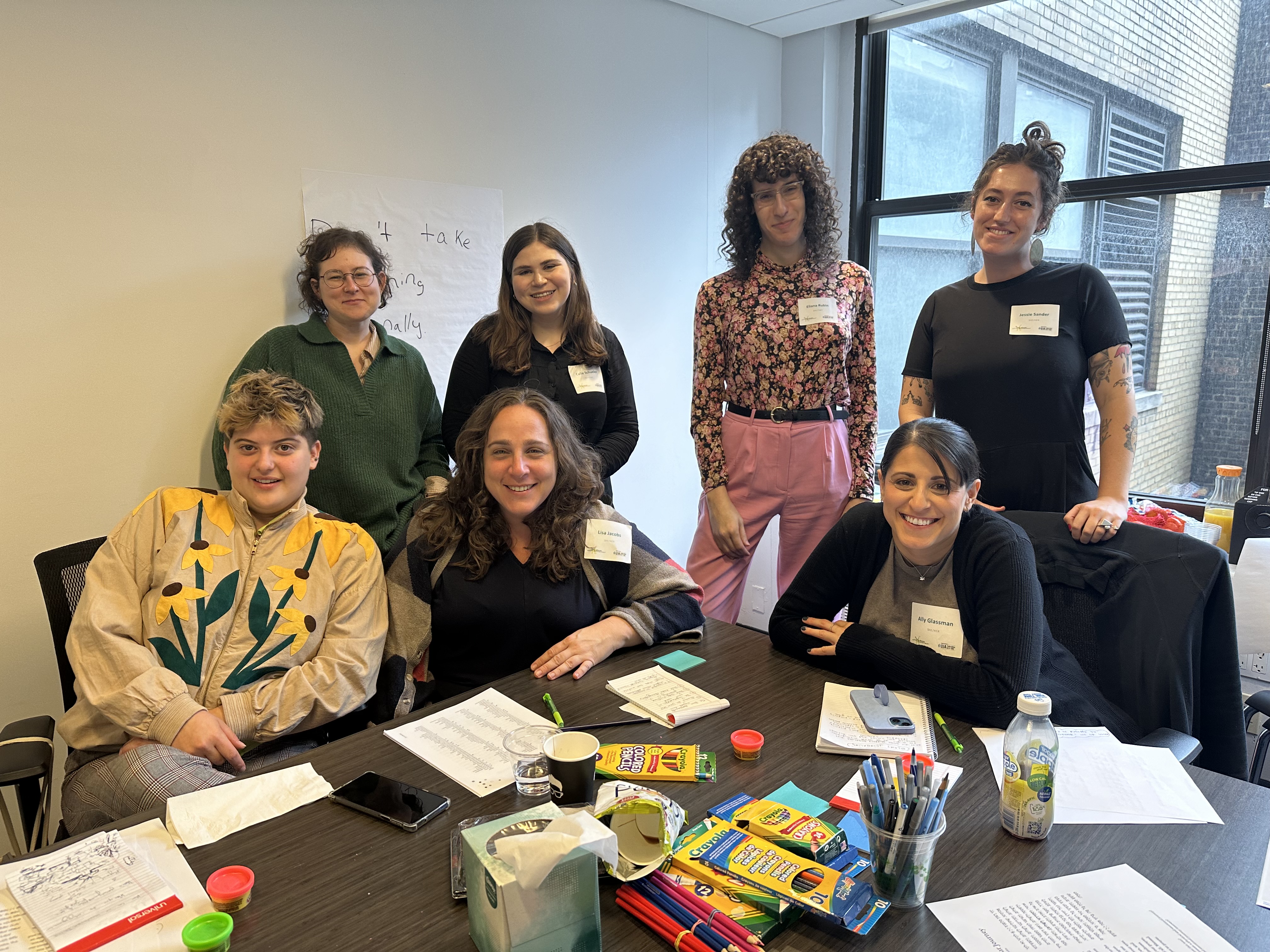Israel Education
HOME | ROOTONE | MISHLACHOT AREYVUT | PROFESSIONAL DEVELOPMENT
The Jewish Education Project advocates for Israel education that embraces complexity and recognizes the diverse and often competing narratives at play in Israel today. Since the tragic events of October 7th and the ensuing conflict, effective Israel education has never been more vital. We believe that at the heart of engaging and meaningful Israel Education are educators who are deeply knowledgeable, specifically skilled, and nuanced in their approach to the subject of Israel – and our programs are designed to support educators on each of these fronts. We also understand the power of lived experience to deepen connections with Israel, and we offer immersive programs for both educators and teens. Our core Israel initiatives include:
Building Connections to the Jewish Homeland: RootOne

This new model for teen education is changing the landscape of Israel education for high school teens. Powered by The Jewish Education Project and funded by The Marcus Foundation and other national funders, our powerhouse Israel travel program presents a life-changing experience that gives high school teens confidence and perspective. Over 13,000 teens have benefited since its launch. The program uniquely blends high-quality educational pre-and post-trip programming, financial accessibility and immersive experiences.
Bringing Educators to Israel: Mishlachot Areyvut

This series of Israel travel programs, meaning “Delegations of Responsibility,” brings North American Jewish educators to witness first-hand the impact of October 7th and its aftermath by meeting with Israeli educators, engaging with a diverse cross-section of society, visiting impacted communities – and subsequently to transform Israel education for their learners at home. Hundreds of educators from across the spectrum of denominations and educational settings have embarked on these delegations.
Cutting Edge Professional Development: Fellowships and Workshops

In the days and weeks after October 7th, over 66,000 educators and families sought out resources and guidance from The Jewish Education Project, and we worked hard to meet the moment, supporting educators and learners dealing with our collective trauma. Across any given year, we offer numerous opportunities for educators to elevate their understanding of the highly complex subject of Israel, and to build skills for nuanced Israel education with learners from early childhood to teens, including a variety of fellowship and workshop offerings.